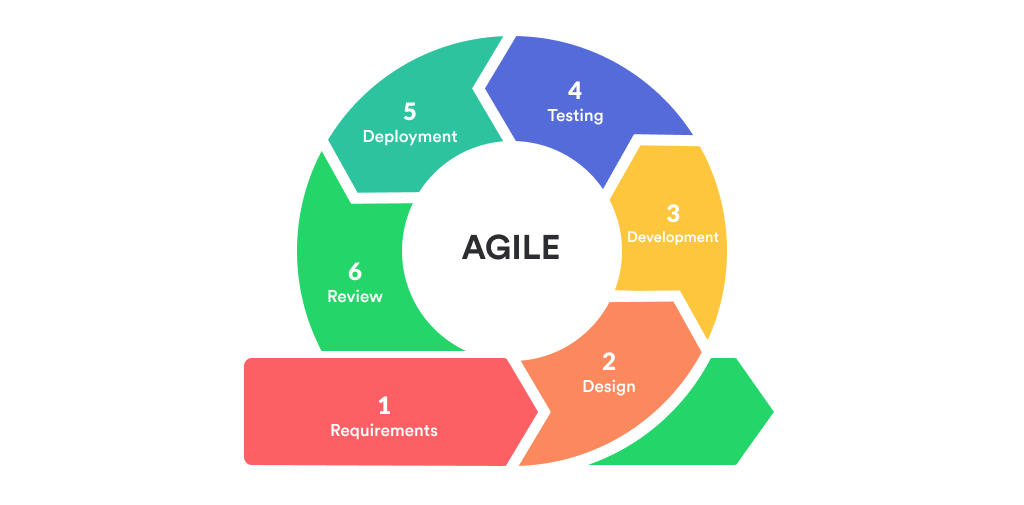
What is Agile methodology?
Agile methodology consists of principles and practices that emphasize collaboration, flexibility, and continuous improvement. It focuses on teamwork and adaptability in every phase of development. The foundation of Agile methodology lies in the Agile Manifesto. This manifesto outlines 12 principles that prioritize customer satisfaction and collaboration. Developers work closely with stakeholders to ensure that the product meets evolving needs. Agile encourages rapid feedback and continuous iteration. Teams can respond to changes quickly and deliver value consistently. Its core focus remains on delivering high-quality software while keeping customers involved at every step.
Why is Agile methodology important in software development?
Agile methodology is important in software development because it helps teams to deliver high-quality software quickly and efficiently. Some of the key benefits of Agile methodology include:
Faster time-to-market: Agile methodology allows teams to deliver software in smaller increments, which can reduce the time-to-market for the project.
Better collaboration: Agile methodology emphasizes collaboration between team members, stakeholders, and customers, which can lead to better software outcomes.
Increased customer satisfaction: Agile methodology prioritizes customer satisfaction, and encourages teams to work closely with customers to ensure that their needs are being met.
Improved quality: Improved quality comes from Agile’s focus on continuous improvement. Teams identify and fix issues early in development. This proactive approach ensures a higher-quality final product by addressing problems before they escalate. Continuous feedback allows for quick adjustments, preventing major flaws later on.
How does Agile methodology work in software development?
Agile methodology breaks down software development into small, iterative cycles called sprints. Each sprint lasts 2-4 weeks and includes planning, development, testing, and review. After each sprint, teams review completed work and make adjustments based on stakeholder feedback. This iterative process ensures continuous improvement throughout development. Teams can refine the product based on real-time insights. Agile’s feedback-driven approach ensures the software aligns with customer needs as it evolves. Additionally, Agile encourages frequent communication and collaboration. Teams hold daily stand-up meetings and weekly retrospectives to discuss progress, share insights, and identify areas for improvement.
Conclusion
The role of Agile methodology in successful software development cannot be overstated. Agile methodology provides teams with a flexible, collaborative, and feedback-driven approach to software development that can help to deliver high-quality software quickly and efficiently. Whether you’re working on a large or small software development project, adopting Agile methodology can help you to achieve your goals and succeed in the competitive world of software development.
